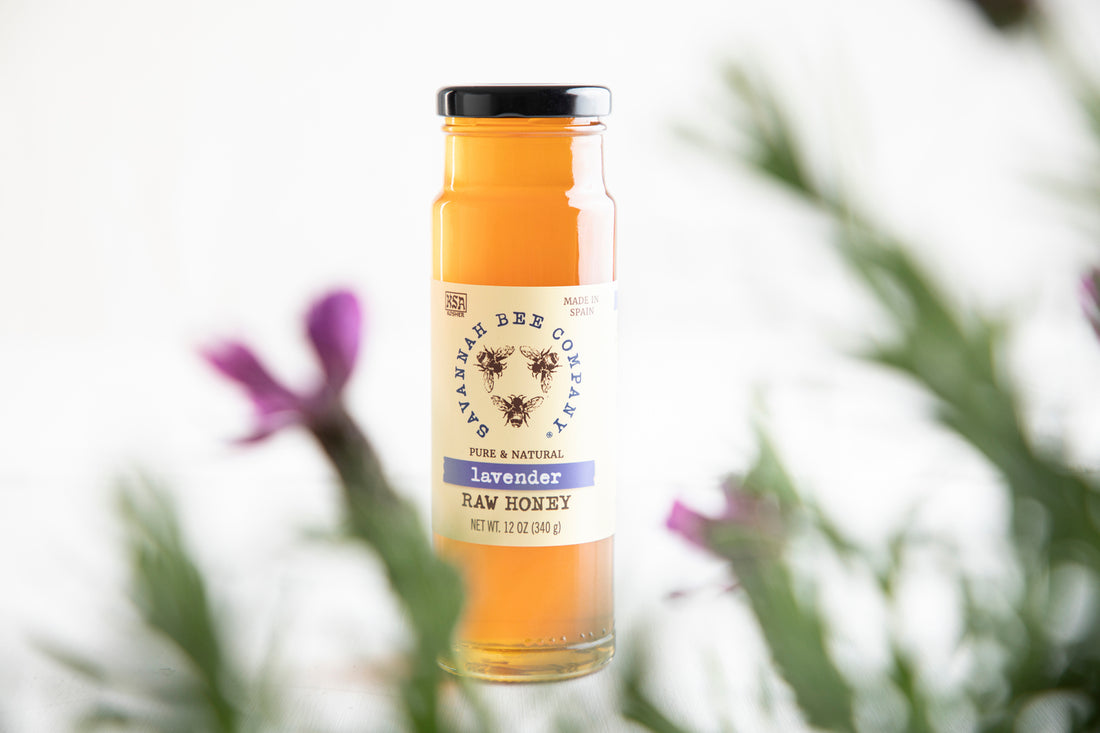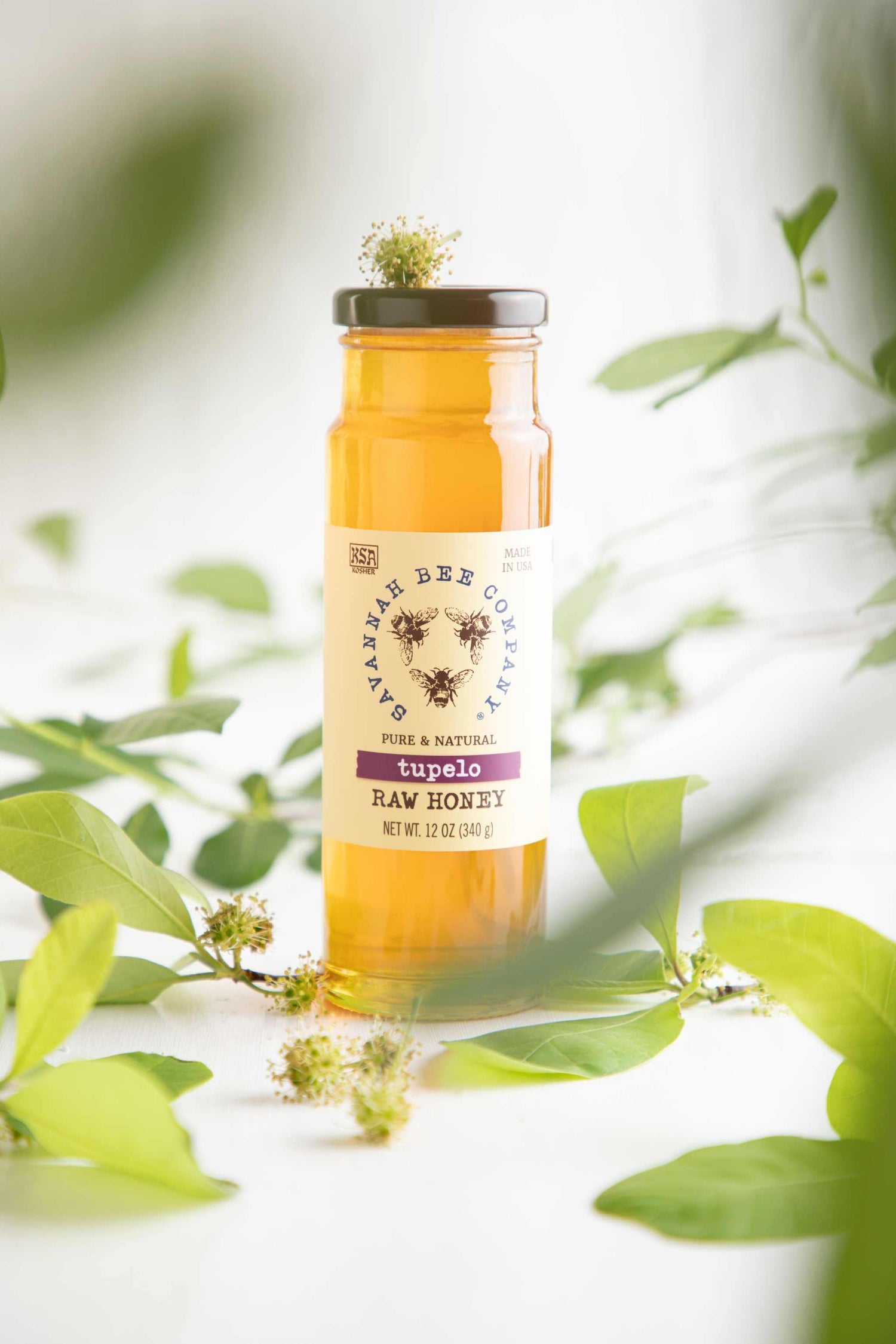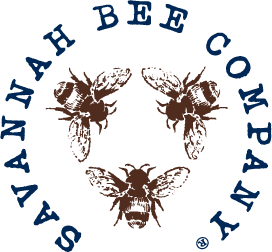Lavender Honey

Lavender honey is not just a sweet tasting alternative to sugar. It is loaded with all kinds of health benefits. Not only does it, like all honey, contain vitamins and minerals, but it contains a tremendous amount of antioxidants. What are antioxidants and why do we need them? Let us explain.
Our body’s trillion or so cells face ominous threats all throughout the day. Lack of proper nutrition, invasion by a nasty virus, or molecular damage caused by chemicals called free radicals are just a few examples of everyday threats to our cells. All of these stressors ultimately damage cells and can even alter our genetic makeup. The body generates free radicals as the byproducts of converting food into energy, a process known as cellular respiration. That’s right, it's just part of the process. As a result, our cells are subject to constant exposure to these cell degrading chemicals.
Free radicals come in many shapes and sizes. But all of them have a great appetite for electrons. Free radicals steal or strip electrons from any nearby molecules. As the electrons are removed from the molecules of out cells and tissues their functionality often decreases or halts altogether.
The National Institute of Health has found that free radicals are responsible for a variety of diseases which include, atherosclerosis, cancer, inflammatory joint disease, asthma, diabetes, senile dementia, and degenerative eye disease just to name a few. Of course, the process of biological aging has also been linked to the damage caused by free radicals.
Here’s where honey, in general, comes in. All honey varieties contain molecules called antioxidants. In short, antioxidants counter the damaging action of free radicals. Just as different vitamins affect your body in different ways, different honey varieties have different combinations of antioxidants and will affect your body in different ways. Let’s take a look at some of the antioxidants found in Lavender honey.
Lavender honey is rich in Tyrosine and Tyrosine is one of the primary amino acids in all types of honey. The human body uses Tyrosine to make neurotransmitters that may help prevent or treat certain conditions involving the brain. Taking it one step further, your body uses niacin, folic acid, vitamin C, and copper to convert tyrosine into many important protein substances. Among these are melanin, a skin pigment, and the hormone estrogen.
Researchers have found that Lavender honey showed anti-fungal activity against Candida albicans, Candida krusei, and Cryptococcus neoformans. This study also concluded that perhaps Lavender honey could be used in the future as a natural remedy for a variety of mycotic (fungal) infections. That is important because fungi are becoming increasingly resistant to antifungal drugs as a result of over prescribing.
Luteolin, another antioxidant found in Lavender honey, can help boost the immune system, promotes healthy blood glucose levels, and can protect the eyes from UV radiation. It neutralizes some free radicals and helps limit their effects.
There is one antioxidant that is ONLY found in honey. It is called pinocembrin. Some studies show that pinocembrin can protect the brain cells against the damage caused by Alzheimer’s disease.

Savannah Bee Lavender honey is harvested from a pristine, remote region of Spain. Beehives are trucked into this mountainous region each spring and set up in vast fields of wild lavender. This Wild Lavender honey is prized across all of Europe and we are incredibly honored to be able to offer it to our customers. Our Lavender honey not only gives your taste buds a sweet little thrill, it can also do your body a world of good. Order some Lavender honey today and find out what the buzz is all about!
#savethebees
Published

